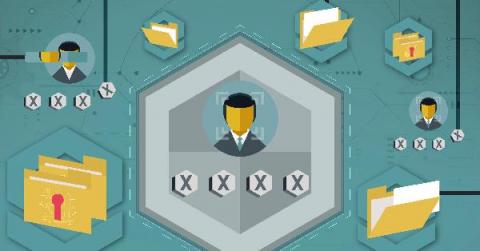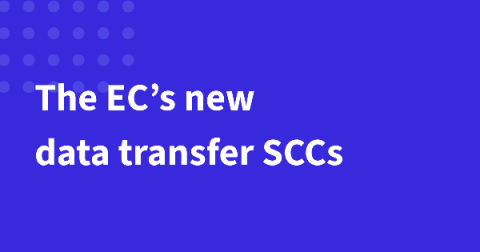New Bill Could Force U.S. Businesses to Report Data Breaches Quicker
A bipartisan Senate bill would require some businesses to report data breaches to law enforcement within 24 hours or face financial penalties and the loss of government contracts. The legislation from Senate Intelligence Chair and Democratic Senator Mark Warner with Republican Senators Marco Rubio and Susan Collins is just one of several new cybersecurity bills that will likely be debated this year. If passed, the bill could require certain U.S.











